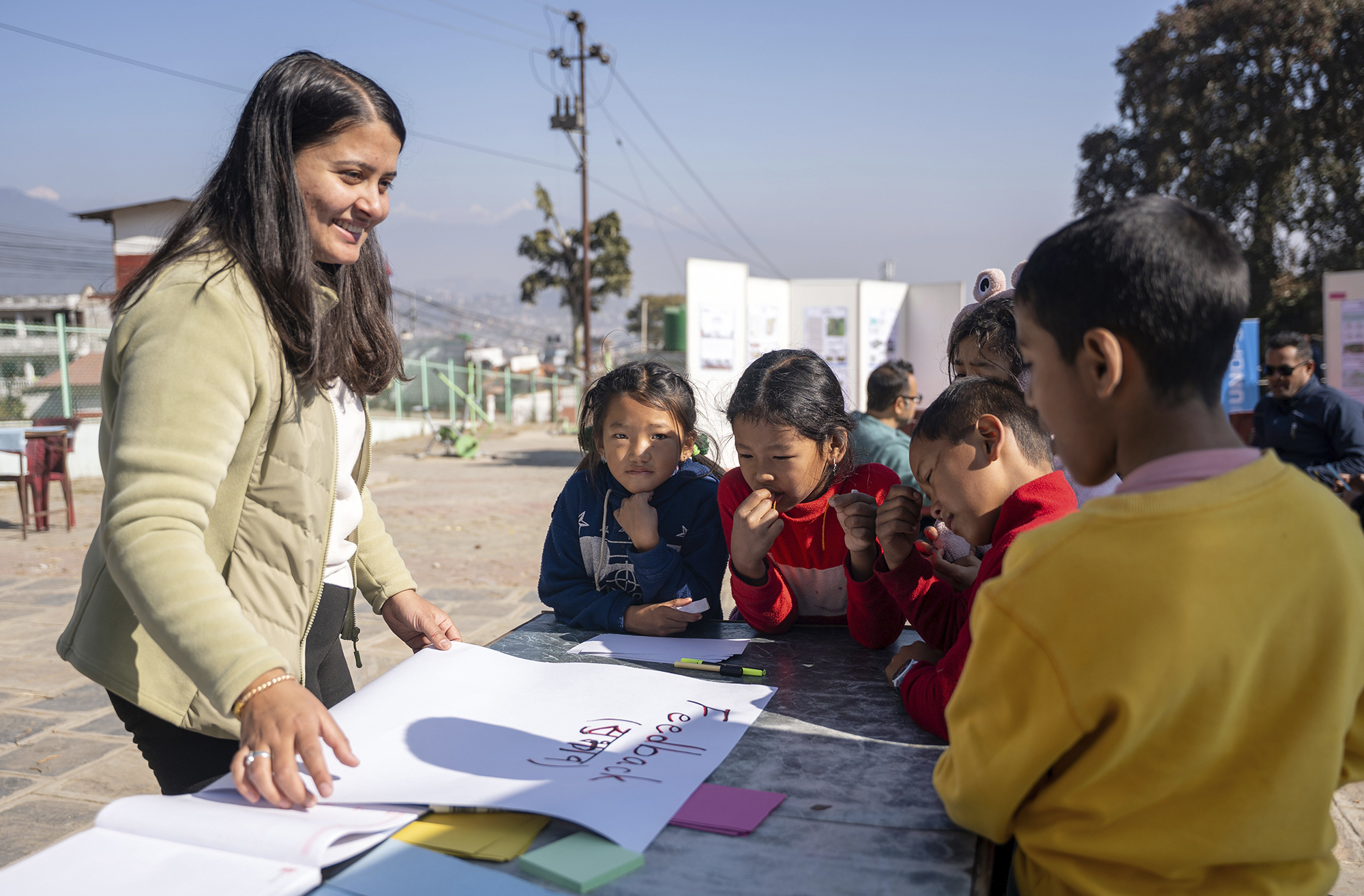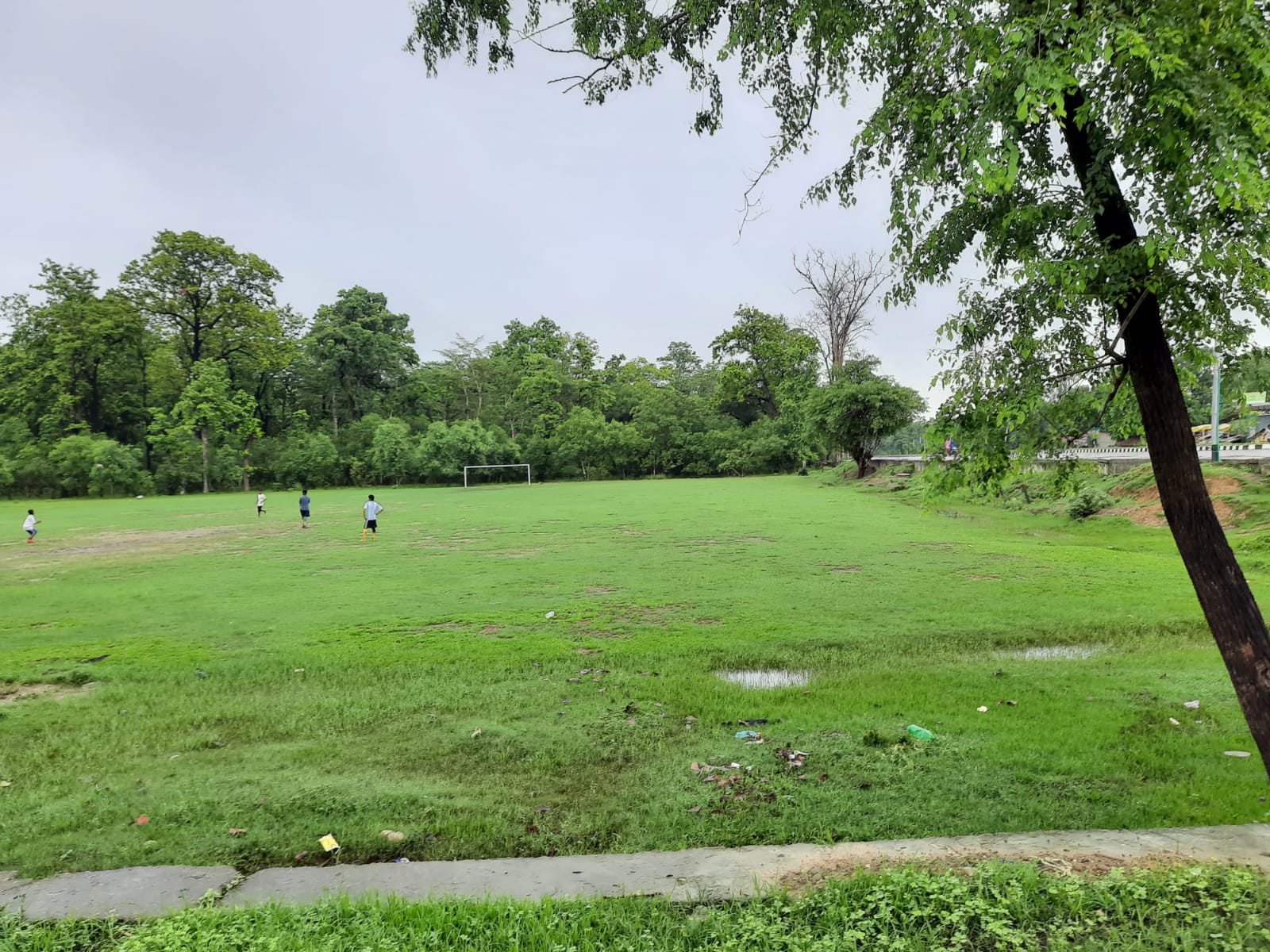As the United Nations Framework Convention on Climate Change (UNFCCC) Conference of Parties wraps up in Katowice, Poland this week, it provides an opportunity to look back on 2018 through the lens of progress on cities and climate change.
It has been a long and eventful year in the realm of cities and climate change, demonstrating that cities have the momentum and innovation for the climate challenge – even in the face of uncertainties and difficulties.
Throughout, the Cities Alliance Joint Work Programme for Resilient Cities has been engaged, ensuring that the issue of informality in cities is on the agenda. We have also worked to focus attention on secondary cities, which is especially fitting since all the major global events on cities and climate change this year were hosted by secondary cities: Edmonton, Canada; Incheon, South Korea; and Katowice, Poland.
Bringing urban practitioners and scientists together in Edmonton
The year started in Edmonton, a northern Canadian city of one million, for the CitiesIPCC: Cities and Climate Change Science conference, which was coorganised by Cities Alliance. While Edmonton has many people employed in the oil and gas sector, it demonstrated true leadership and the role that cities can play in catalysing a more sustainable future. The conference brought together over 700 delegates – researchers, practitioners, policymakers, and youth – to inspire future research and action on the science of cities and climate change.
The major outcome of the conference was the Research and Action Agenda on Cities and Climate Change. Drawing from the sessions, papers, posters and plenaries, the agenda outlined four cross-cutting issues and six research priorities.
Of particular interest to the Cities Alliance community are the research priorities on Informality, Urban Planning and Design, and Built and Blue/Green Infrastructure as well as the cross-cutting issue of Governance and Institutions as well as Data. The focus on informality, and both the impacts of climate change as well as the potential for low-carbon solutions to be transformative development pathways for the urban poor, was a significant focus running throughout sessions in the conference and continues to shape the discussion on climate action in subsequent forums, research and projects.
The final section presents approaches to support the implementation of the Research and Action Agenda through strengthening the science practice and policy interface to advance climate action in cities. It does so through three courses of action: Knowledge co-design and co-production, Empowering cities to take action, and Fostering long-term science-policy-practice collaborations.
Presentation of IPCC Report in Incheon
From Edmonton, the attention shifted to Incheon, a transportation hub city of almost 3 million people in the Republic of Korea, where the 48th Intergovernmental Panel on Climate Change (IPCC) took place in October. During this session, the Progress Report of the conference, including the Research and Action Agenda, was noted by the Panel.
The big story of Incheon was the presentation of the IPCC special report on the impacts of global warming of 1.5 °Cabove pre-industrial levels and related global greenhouse gas emission pathways, in the context of strengthening the global response to the threat of climate change, sustainable development, and efforts to eradicate poverty.
The Special Report on global warming of 1.5°C clearly communicated the risks to planet and people of a world in which warming reaches 1.5 degrees, which would already be significant and would be considerably worse in scenarios where warming reaches 2°C. The report also lays out actions that would need to be taken over the next 12 years to limit emissions and subsequently limit warming.
The report places both sustainable development and the SDGs centrally, in both the need and the how of climate action. It also has significant sections devoted to urban areas and sectors – furthering the important role that cities have in limiting warming as well as their need to adapt to the changing climate across a range of temperature increases.
Summary for Urban Policymakers in Katowice
Building on this, the Summary for Urban Policymakers was drafted by 17 of the scientists involved in the Special Report. It provides a comprehensive summary for practitioners, policymakers and researchers working on urban issues of the relevant aspects of the report, in support of actions to limit global warming to 1.5°C rather than 2°C.
The Summary for Urban Policymakers was launched this week at the UNFCCC COP24 in Katowice, a secondary city of less than 300,000 people with a low unemployment rate but a high engagement in the coal and steel sector. This last stop on the 2018 tour demonstrates that there are challenges for employment and urban economies implicit in a low-carbon transition. At the same time, there is hope and progress, furthered over the last year, that this transformation can be a just and equitable one, centred on people and led by cities.




